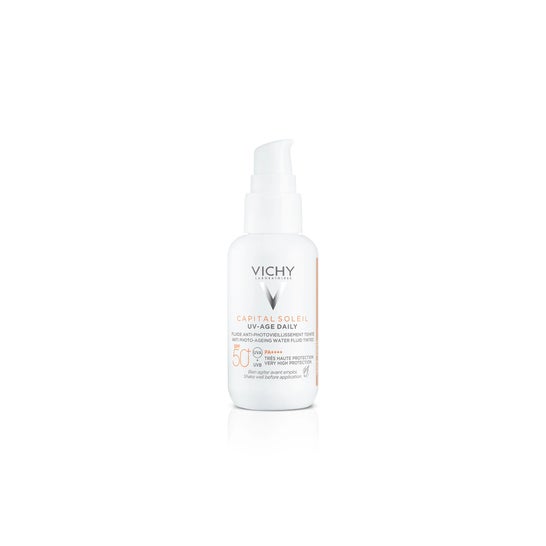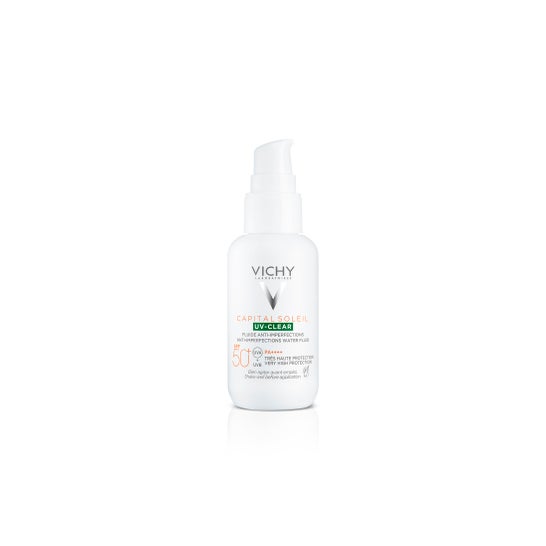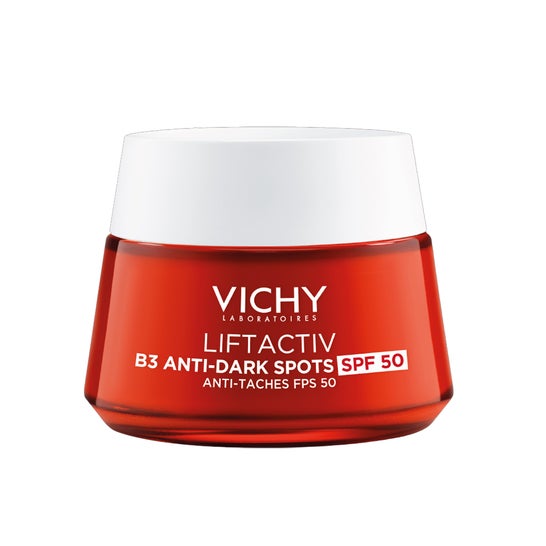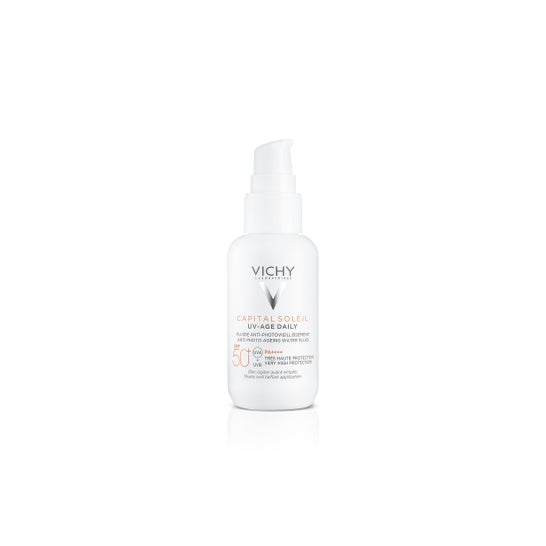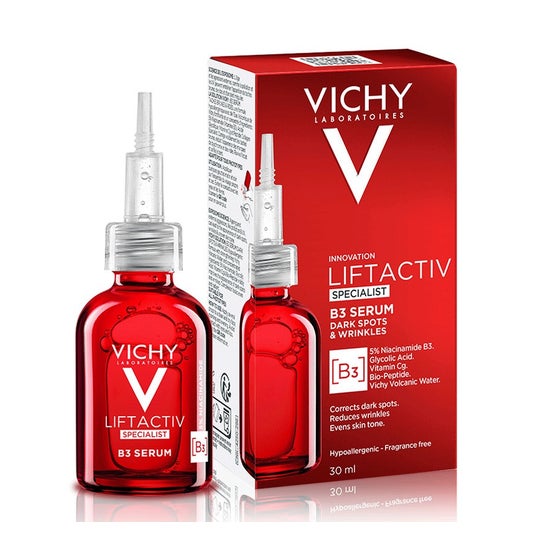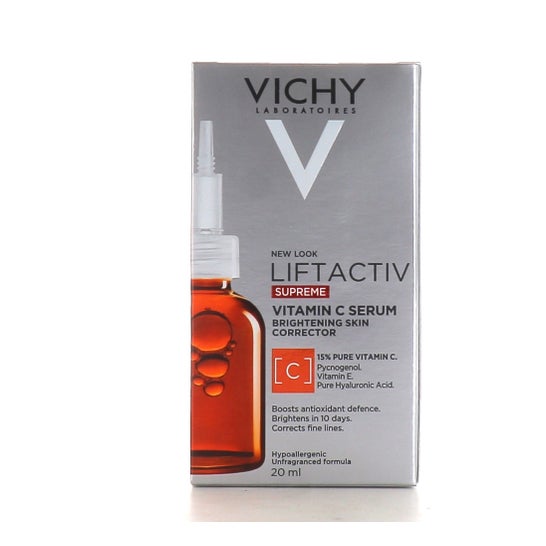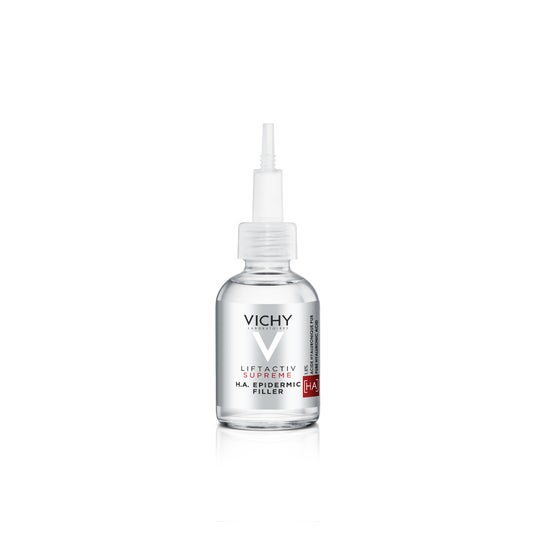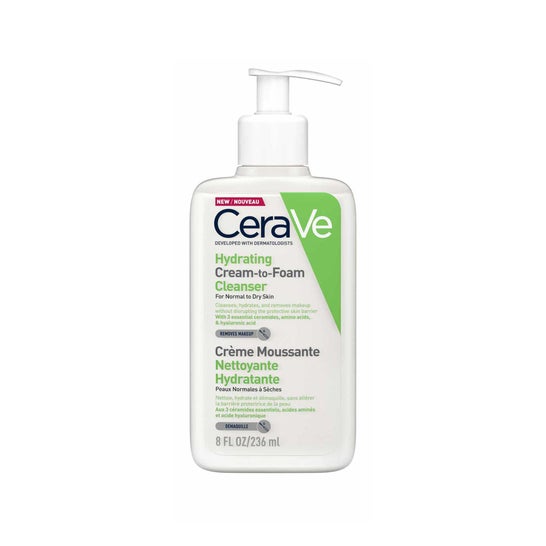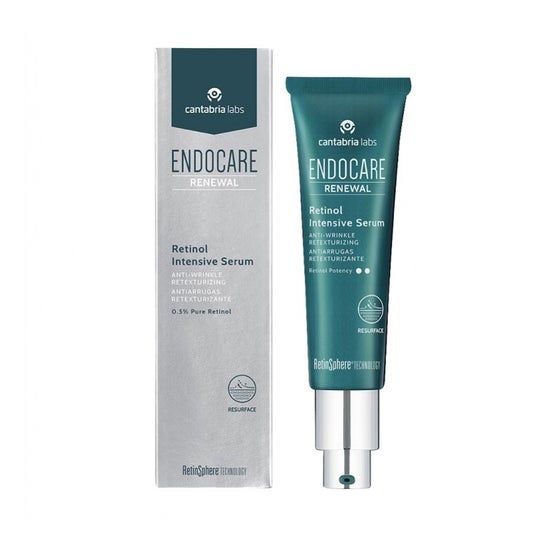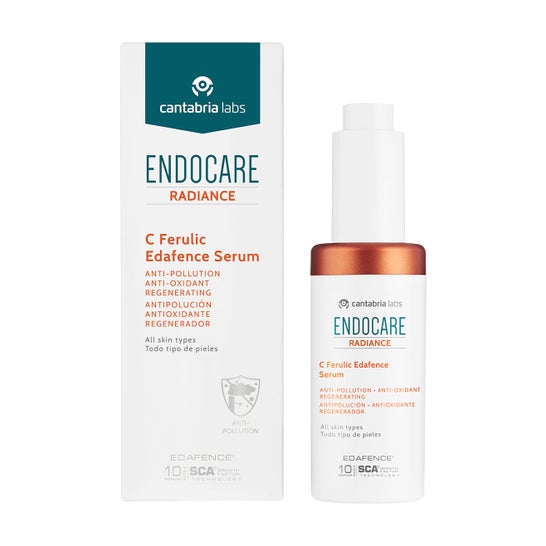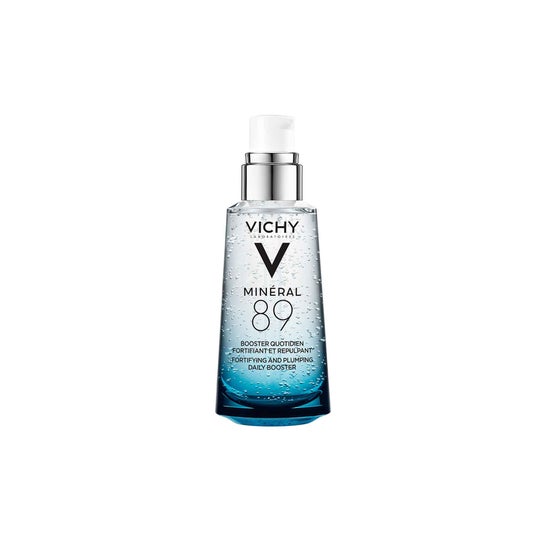Using sunscreen is essential to protect our skin from UVA and UVB rays. The sunscreens' sun filters create a barrier on the skin that protects it from irritation, burns, allergies and redness. For effective sunscreen, it must be applied in sufficient quantities and spread evenly over the entire surface of the skin. Apply the sunscreen every 2 hours, after bathing, physical activity or sweating.
It is also important to avoid exposure to the sun during the central hours of the day (between 12:00 and 16:00) and to keep infants and babies out of direct sun exposure. It is important to bear in mind that the sun is responsible for skin ageing and overexposure to its rays causes photo-ageing, produces oxidative damage and can trigger skin problems. You can boost protection by taking dietary supplements with a balanced diet and using accessories such as sunglasses or wide-brimmed hats.
Using specially designed facial sunscreen is essential as this skin is thinner and more sensitive than that of the rest of the body. This is why the harmful effects of the sun's rays, such as premature skin ageing, will be more visible. Its application will prevent the formation of blemishes while protecting proteins, keratin and elastin. Finally, remember to use aftersun on both face and body to maintain the skin's necessary antioxidants and hydration. If you take photosensitising medication or have a skin condition, it is particularly important to follow these recommendations. In any case, if after sun exposure you develop blisters, fever or a headache, consult your doctor.
